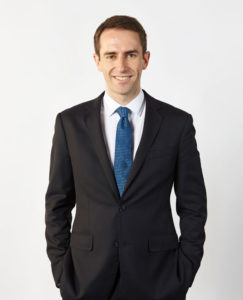Arthur Moses SC and Henry Cooper were two of three members (with Jaye Alderson of State Chambers) of the successful counsel team who appeared in the NSW Court of Criminal Appeal in a stated case, representing a corporate defendant in a work, health and safety prosecution.
The stated case arose from a prosecution for an alleged breach of the Work Health and Safety Act 2011 (NSW). Following a hearing spanning some 36 days over 19 months, the primary judge delivered a judgment concluding that the elements of the offence had not been proved beyond reasonable doubt. Before entry of final orders acquitting the defendant, the prosecutor applied for certain “questions of law” which he said arose from the primary judge’s reasoning to be referred to the Court of Criminal Appeal for determination. The primary judge (over the opposition of the defendant) stated a case referring seven questions for determination.
The Court of Criminal Appeal, convening a five-judge bench, unanimously declined to answer the questions (apart from a question asking whether there was power to make the referral) on the basis that they were not “questions of law” within the meaning of the Criminal Appeal Act 1912 (NSW). Accordingly, the primary judge did not have power to make the referral, and the Court ordered that the prosecutor pay the defendant’s costs in the Court of Criminal Appeal, and that the matter be remitted to the primary judge for the making of final orders.
The joint judgment of the Chief Justice and the President of the Court of Appeal contains an important discussion on the meaning of “questions of law”. Their Honours held that the Criminal Appeal Act only empowers a primary judge to refer “pure questions of law”, which have not yet been determined by the primary judge, which do not involve questions of fact, and whose character as questions of law can be recognised on the face of the question. The questions referred in this case did not meet any of these criteria.
The judgment can be found here

